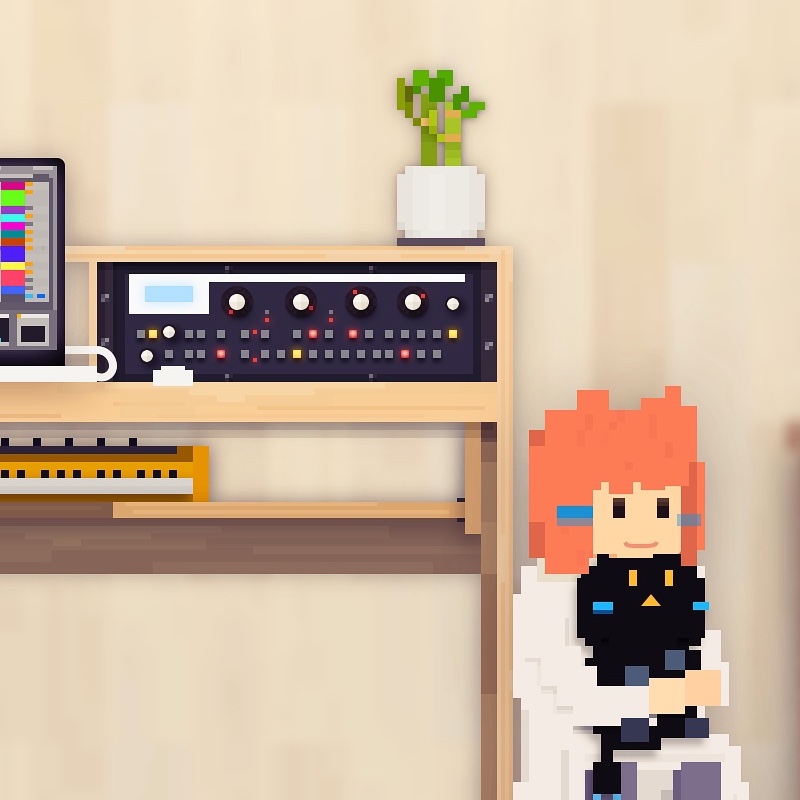Contents
10. Of Liberal Music Theory
In the previous section I showed the merits of learning music theory — It is a language to verbalize the “invisible art”, and information technology to access the huge library of past music.
On the other hand, you also saw the dark side of music theory. So we have to clear this issue before making a decision.
Reviewing the Issue
The problem lies in that music theory has not renovated very much since its last revolution (jazz era), while the real music world has entered a period of big upheaval for decades.
Having continued this for like 70 years, now the gap between theory and reality is serious.
Accordingly, in this website I propose a bit innovated theory, which I call “Liberal Music Theory“. Let me introduce this to you.
Theory with No “No”s
Liberal Music Theory(LMT) is another fork of music theory rebuilt with its priority put solely on popular music, while inheriting basic terms and concepts from Classical/jazz theory (if applicable).
LMT regards unconventional techniques in pop music not as “exception” or “mistake”, but rather “new ways of expression which characterize the modern music“.
Those artists like “Hey, we don’t care theory! I trust my instinct!!” may have been enemies to traditional theories, but to LMT they’re just friends who offer valuable examples of new styles.
Therefore LMT will not impose “prohibition”. Instead, there are just “traditional style” and “emerging style” standing equally. Incorporating new patterns to theory is a natural cycle, as you’ve watched in History and Branches section.
Theory Connecting Branches
Conflict between “branches” of theory sometimes become a flash point of sparking controversy. LMT doesn’t conceive that only either one is right. Rather, LMT compares them from overhead view.
Listening to each opinion, you may find both righteous in a way. LMT regards those conflicts as the outcome of diversity in music itself, reflecting how composers/players in different genres conceptualize music differently. By these comparison you’ll eventually gain versatile views on music.
Theory Switching Theory
On the other hand, LMT is not an “opposition party” against traditional theories. We try to embrace them. So in Chapter VI are introduction to jazz theory, in Chapter VII are Classical Harmony too.
By tracing history backwards, you won’t get stuck in pedagogue-like strict manners at early stages, placing a good moratorium on learning them, which as a consequence enables you to deeply understand the quintessence of traditional theories throughout the comparison between branches,
Or of-course, you can stop studying at any earlier chapter if you don’t feel it necessary for you!
11. Make A Decision
Thanks for reading this much long introduction. Now it’s time for you to make a decision.
Not Study
It’s still reasonable to choose NOT to study. Some may visit this website from anxiety —
If so, Keep in mind what you’ve read here and just go for your creation. Music theory is not the “natural law of what good music is” so don’t bother. You can reconsider at anytime when you kinda feel you reached the limit of your own creativity and want for a breakthrough.
Start from Creating
Or if you haven’t made a song yet, I recommend that you try making one first. It can be just simple ones like a cappella, or a small track made via mobile app etc.
Even if it could be an immature one, the experience through actual songwriting is precious. It also helps in learning music theory.
Study Other Branches
As I explained above, LMT is a new music theory branch targeting popular music. If you are in love with Classics/jazz, studying those traditional theory may well be a possible choice. In that case you just should be aware of which “branch” you choose.
- Harmony & Voice Leading
- Check on Amazon
- The Berklee Book of Jazz Harmony
- Check on Amazon
Or you can study these theories in parallel with LMT. YouTube videos are also effective way of learning music these days. LMT will not contradict any of them.
Study LMT
If you choose to study music theory through this website, I appreciate it very much. Now let’s consider how much further you should study (in the next section).
Even after learning theory, joy of songwriting never diminishes. Rather, you’ll see the deep abyss of music. There is no end to the Quest of Sound.



